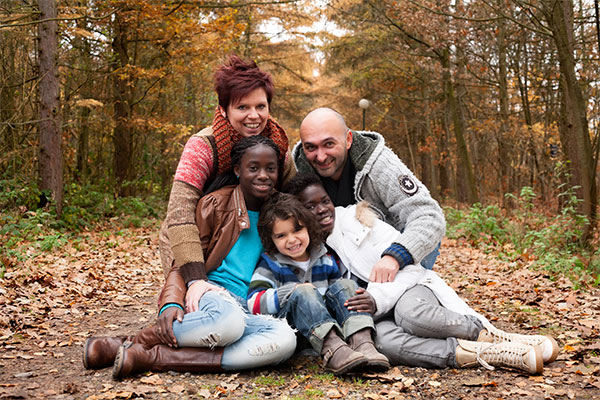In this piece posted to the New York Times blog last Friday, Dr. Pauline Chen explores how survivors of natural disasters cope with emotional trauma and psychological stress resulting from their experiences of devastating hurricanes, tornadoes, and earthquakes. Chen suggests that while people with existing mental illnesses are at higher risk of experiencing post-traumatic stress symptoms after a natural disaster, “everyone is vulnerable.”
First citing the example of Hurricane Katrina in New Orleans in 2005, Chen refers to a study that measured the psychological impact of that storm on its survivors. According to the study, seventeen percent of New Orleans residents reported symptoms consistent with serious mental illness, compared with ten percent of those who lived in surrounding areas and only one to three percent in the general population.
In the case of Hurricane Sandy, Chen echoes the optimism of experts who predict that the psychological fallout of last week’s storm will be less severe than that of Hurricane Katrina. With her suggested explanation of this difference, the writer makes her argument and most important observation—that a swift and effective response from communities, government agencies, and elected officials plays an essential role in mitigating the psychological fallout of natural disasters upon people who survive them.
If you or someone you know was affected by Hurricane Sandy or another disaster and you’re looking for resources to help yourself or someone else cope with trauma related to it, we recommend that you visit this website to learn of some initial steps to take towards recovery.
Work cited: Chen, P. Easing the Trauma after the Storm. Retrieved November 5, 2012, from http://well.blogs.nytimes.com/2012/11/02/the-trauma-after-the-storm/


